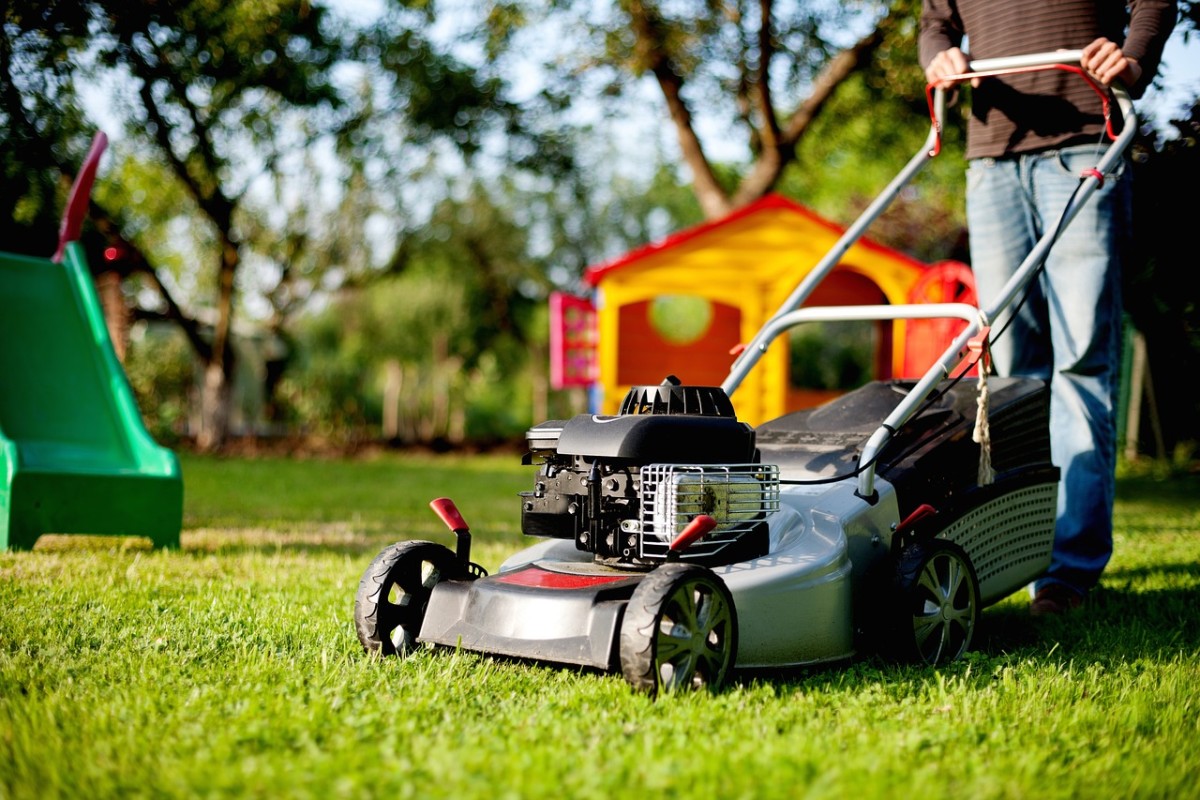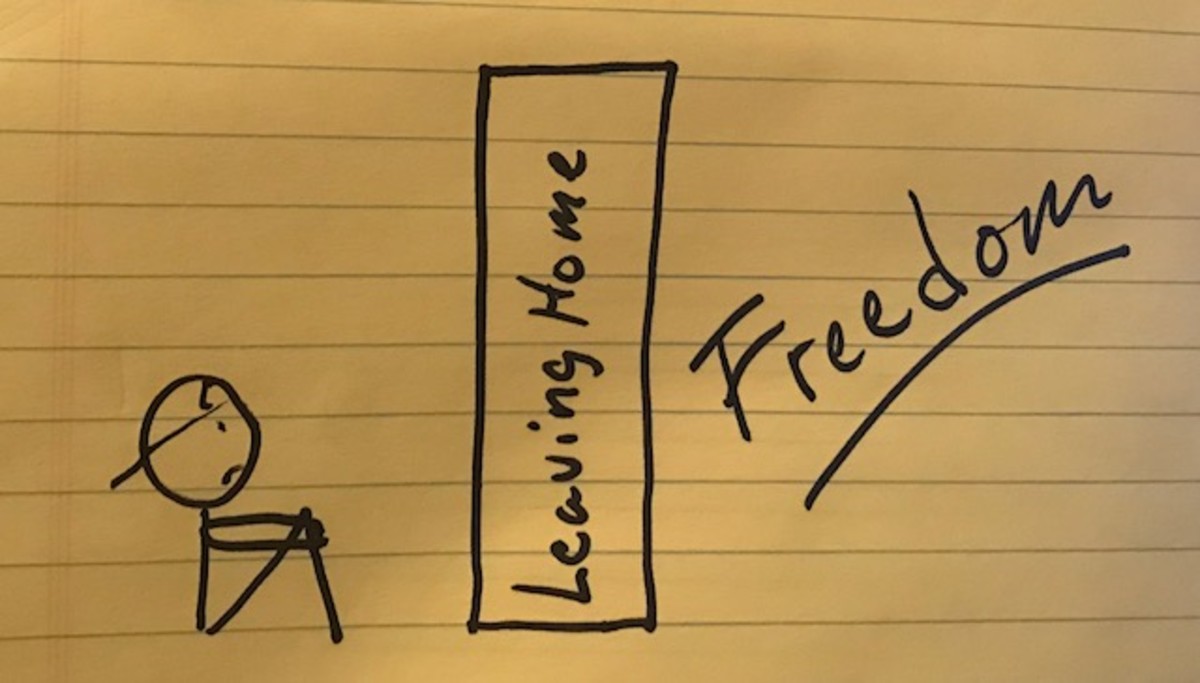Caring for an Aging Parent
Elder Care Program
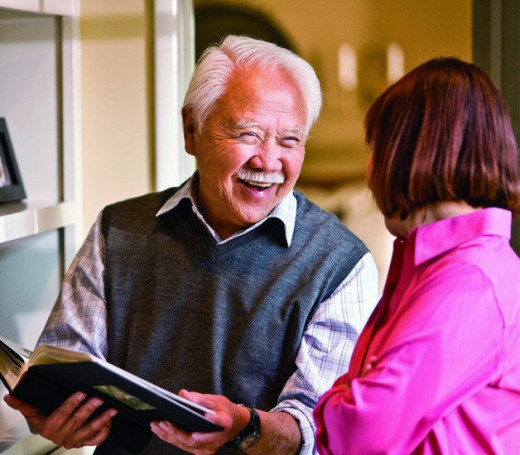
Number of Caregivers of Senior Citizens Increasing
Almost 10,000,000 adult children older than 50 are caring for their aging parents. The percentage of adult children has tripled in the past 15 years, which has resulted in 25% of grown children helping their parents by providing personal care or financial assistance.
Quite often you will hear adult children say they took care of me, and now, it’s my turn to take care of them. People live longer today, but they also accumulate multiple chronic diseases as they age It is not always easier to be a caretaker, so individual decisions have to be discussed and the nature of any disabilities must be taken into account.
Taking Care
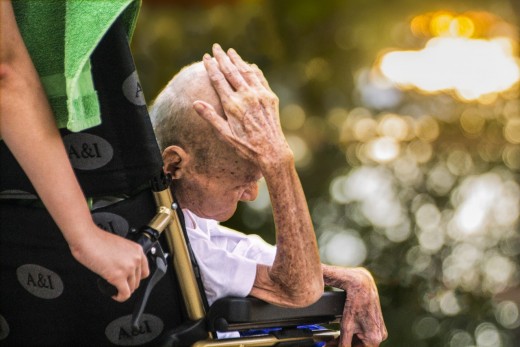
My Personal Situation
I am one of those adult caretaker children as my husband and I care for my mother, who just turned 92 years old. We built an addition on our house seven years ago as my widowed mother had a below-knee amputation.
She is not a diabetic, but she had surgery on her ankle and poor quality medical care, which resulted in an MRSA infection in her bones. After the amputation she could no longer maintain her home, nor live alone.
While my husband had some reservations initially, but he quickly came to love my mother and even cooks special foods for my mother. We had a surprise birthday party for her on Christmas Eve, which meant we had 27 people in our home on that night and 18 for dinner on Christmas Day. Family members came from all over the country, and my mother was truly surprised. This was a wonderful Christmas for all of us.
Shortly before New Years, my mother woke me at 3:30 AM because she couldn’t get her breath, and she had chest pain.
Emergency
I called 911 immediately, and we headed to the hospital. She was diagnosed with pneumonia, fluid on her lungs, a UTI and a mild heart attack. In the ER they put a BiPAP mask on her, which is a very tight-fitting mask that forces oxygen into the lungs and pushes the fluid out.
Within a very few minutes her blood pressure that had reached new heights came down to almost normal, her heart rate dropped into a normal range, and her breathing improved immensely. She wore that mask for 24 hours. I honestly thought we were going to lose her that night, but she is back home recovering and receiving home healthcare.
We are fortunate that the three of us have such a good relationship. I know of people caring for parents when things don’t go that smoothly. I am also grateful that my mother has no sign of dementia, as she is able to pay her bills, fixes her own medicine correctly and still plays bridge.
Yes, I have been very busy with her care, taking her to doctors, coordinating her care and generally running errands. Normally these duties are not required of me. I do her laundry and most of the housework, but she washes dishes and makes her bed when she is well.
Life is not always simple because it’s very difficult for my husband and me to travel together, as we can’t leave her alone. Nevertheless, I am so grateful for every day that she lives.
Taking Care of an Aging Parent: Joan Lunden's Advice
Pros for Caregivers
Even though caregiving is a burden, it is quite often undertaken with willingness and love. Some people even report an increased satisfaction with life.
Many elderly parents still have an adequate income, so they are not a financial burden. The Family and Medical Leave Act of 1993 allows many people to take 12 weeks off from work, without pay, to care for a family member without the fear of losing their job.
The Cons for Some Caregivers
Some adult children must quit their jobs or at least cut back on their hours to care for their loved one, which is a financial burden. It can certainly reduce their retirement savings. Caregiving may be emotionally demanding. Additionally, adult children who provide care for aging parents may have their own health problems.
Research has shown adult children who are caretakers have more health problems, are more likely to suffer from the following problems:
- Depression
- Stress
- Heart disease
- Alcohol abuse
Caregivers are often so busy shuttling their parent to medical appointments and picking up prescriptions, in addition to sorting the medication into reminder boxes that they often neglect their own health.
I am very fortunate that my mother can still drive to some of her close appointments and manage your personal affairs, however, her recent illness has certainly interfered with the time I typically devote to writing and maintaining the house. Plus, I have not been able to attend some functions that I enjoy. Fortunately, she has not been ill like this in the past and she recovering very well.
Caring for Elderly Parents - Recommendations and Resources
Importance of Caring for Yourself
It is very important for caregivers to have regular checkups, such as having mammograms, colonoscopies and general checkups. And ill caregiver can certainly not care for their elderly parent.
There are also support groups for caregivers that are specific to some situations. A good example would be a support group for people caring for an Alzheimer patient, as this is certainly more stressful than some other types of diseases. There are available senior daycare centers that can help. You can drop your parent off for a few hours to give yourself some free time so you can live your life also. Siblings should also provide some of the care for the parent.
Daughter and Mother
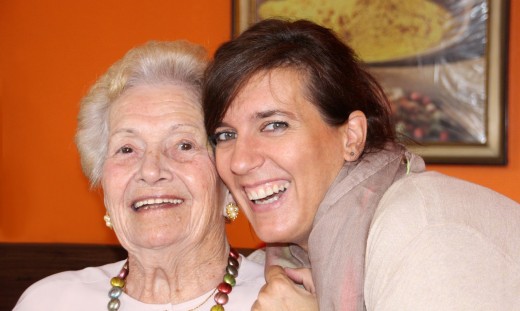
Summary - A Changing Environment
Lawmakers on the federal and state level are shifting funds from nursing homes to more home and community-based health services.
There are retirement communities that offer in-home services, which range from housekeeping telemedicine. In addition, the number of assisted living facilities has grown substantially and are often built on the same campus as nursing homes.
This content is accurate and true to the best of the author’s knowledge and is not meant to substitute for formal and individualized advice from a qualified professional.

